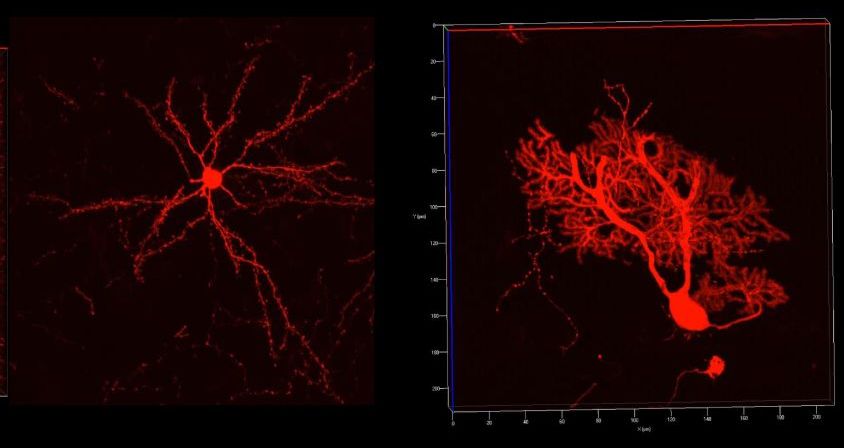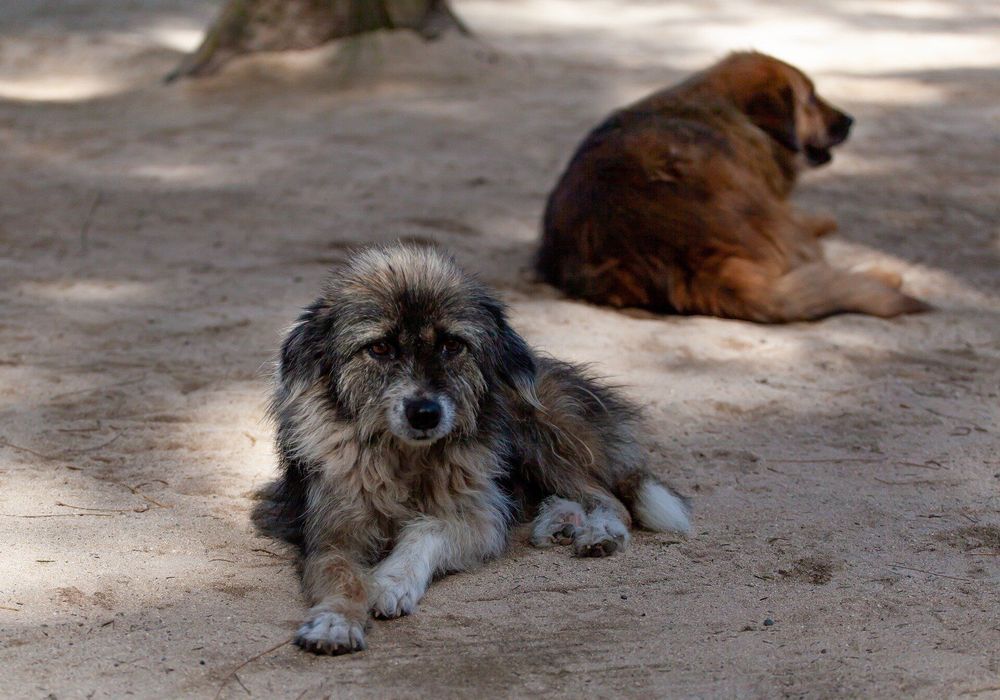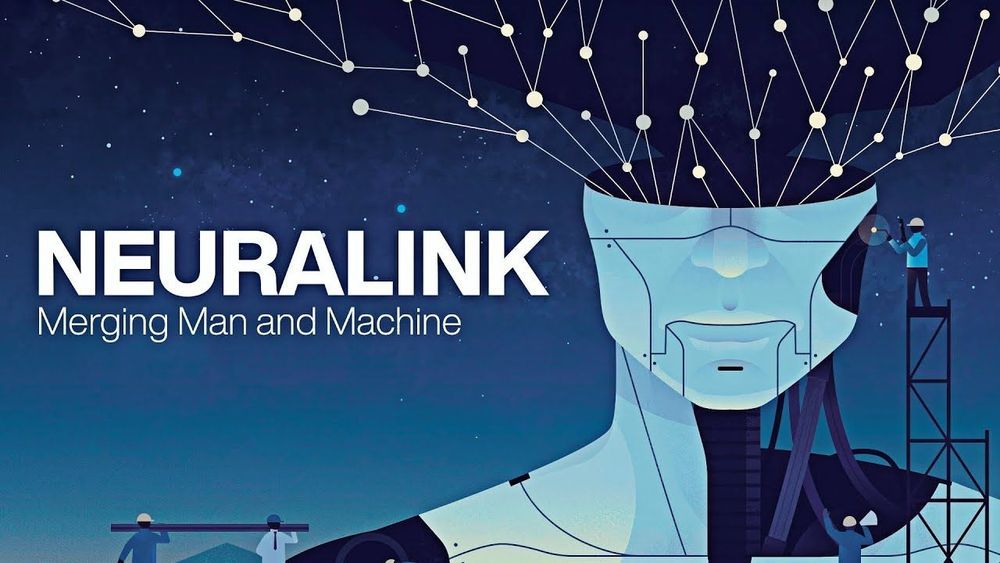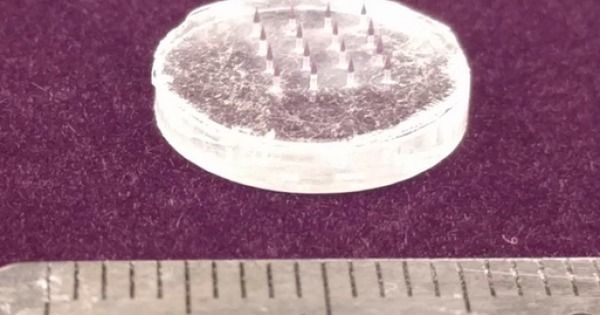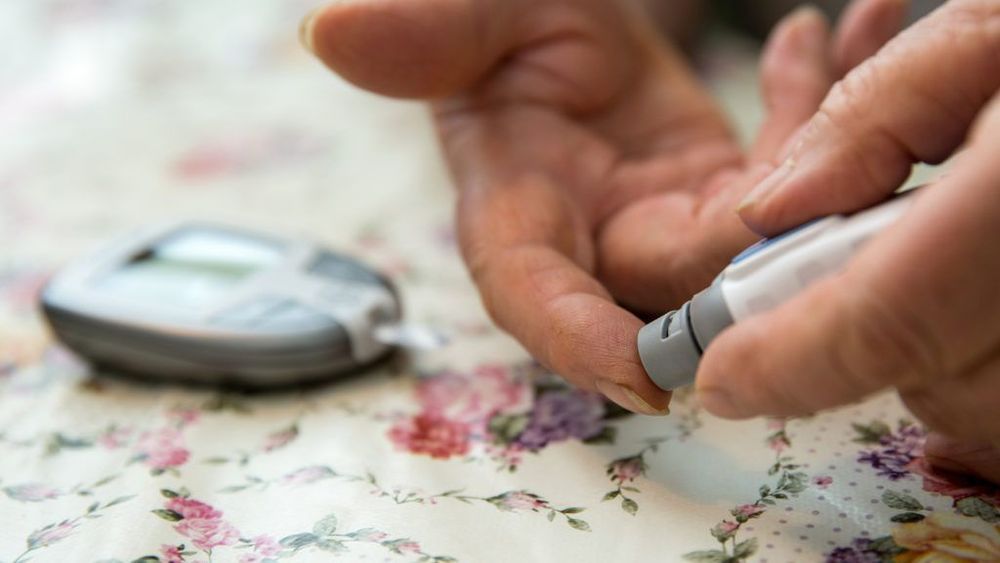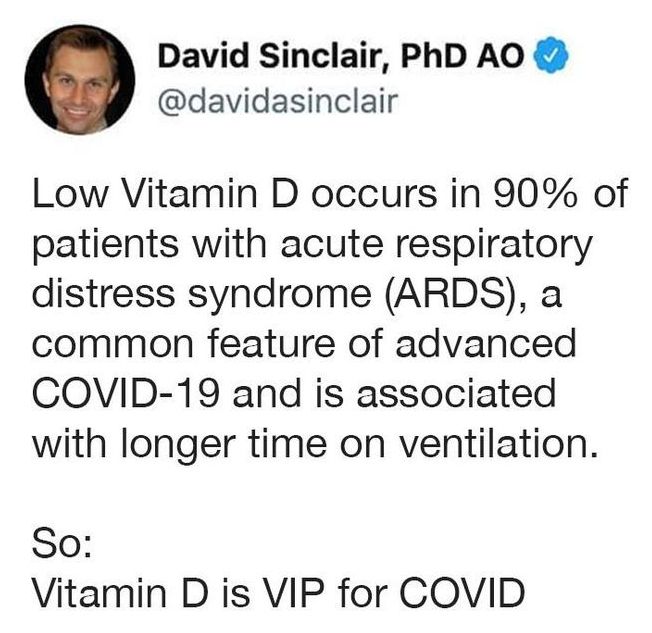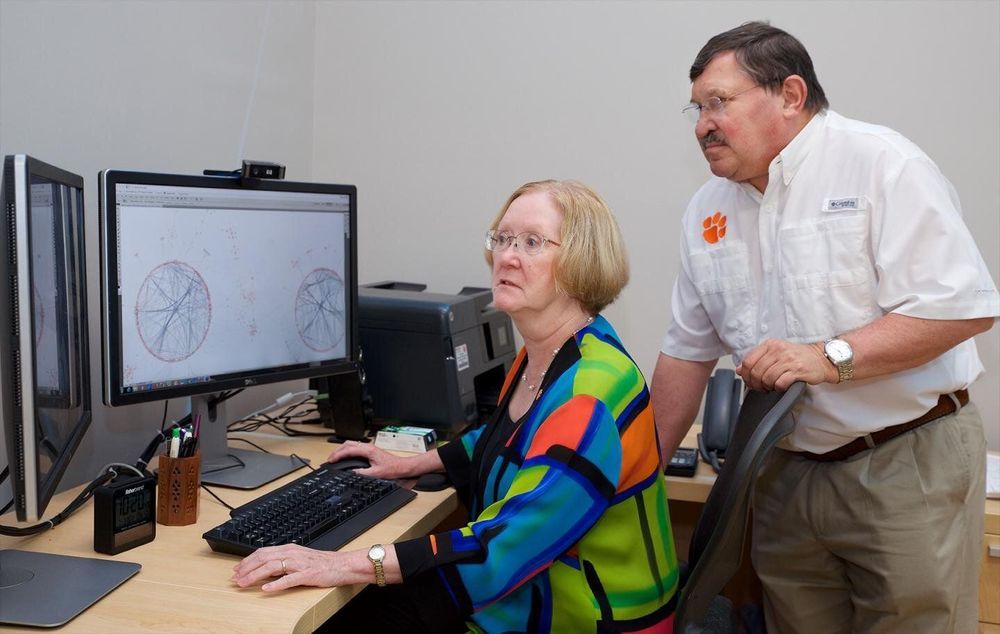Apr 15, 2020
Expert Disaster Preppers Explain How to Ride Out the Coronavirus Pandemic
Posted by Derick Lee in categories: biotech/medical, food
For guidance in this time of uncertainty, we spoke with five expert preppers about what they’re doing to ride out the pandemic, how they’ll be ready for whatever comes next—and how you can be too.
Long lines outside grocery stores. Aisles stripped of canned food, toilet paper, and hand sanitizer. A fast-moving pandemic disease that, as of last week, was infecting more than 30,000 people every day.
Just a month ago, such a situation was unimaginable for most of us. But for disaster preppers, it’s precisely the scenario they’re determined to be ready for.
Continue reading “Expert Disaster Preppers Explain How to Ride Out the Coronavirus Pandemic” »

